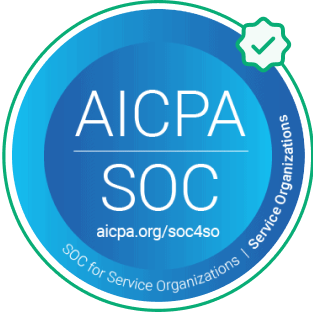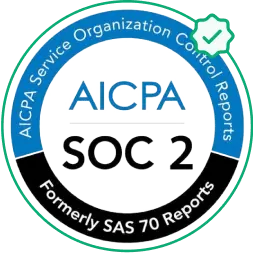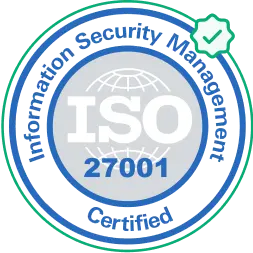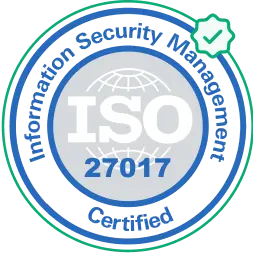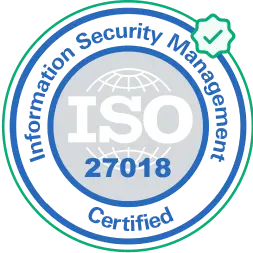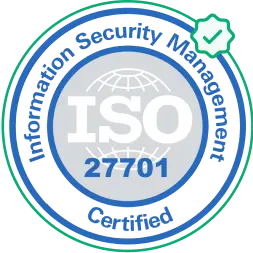What is talent management?
Talent management is the process of attracting and retaining a skilled workforce, nurturing them, and helping them improve their performance. It is a methodological approach to onboarding the right kind of talent and ensuring those who are hired understand the organizational objectives and vision.Talent management recognizes talent gaps within the organization and tries to ensure the gap is filled by training the workforce in the right direction. It is usually the higher and mid-level managers who need to point out any such talent gaps for a talent management team to come into force.Not to be confused with:
human resource management
Human resource management (HRM) deals with nearly everything related to people within the organization.
Not to be confused with:
What are the metrics used to track talent management?
AbsenteeismWhile reasons for absenteeism can range from chronic illnesses, disengagement, a job hunt, or even burnout, too many absences indicate general employee dissatisfaction and inadequate talent management. When employees aren’t aligned with organizational goals it is quite natural for them to be absent from work.Time to startTime to start is a great metric that gauges the overall effectiveness of the recruitment process. It is the time between a candidate accepting your offer letter and their first day at work. A high time to start indicates low employer branding, long recruitment process, and weak candidate experience, all of which can be improved through talent management.Time to productivityDefined as the average time an employee takes to become productive in a new work environment or job role, it directly reflects the effectiveness of the talent management process. If a role is simply filled up for the heck of it, the new employee will take longer than usual to get up to speed.

